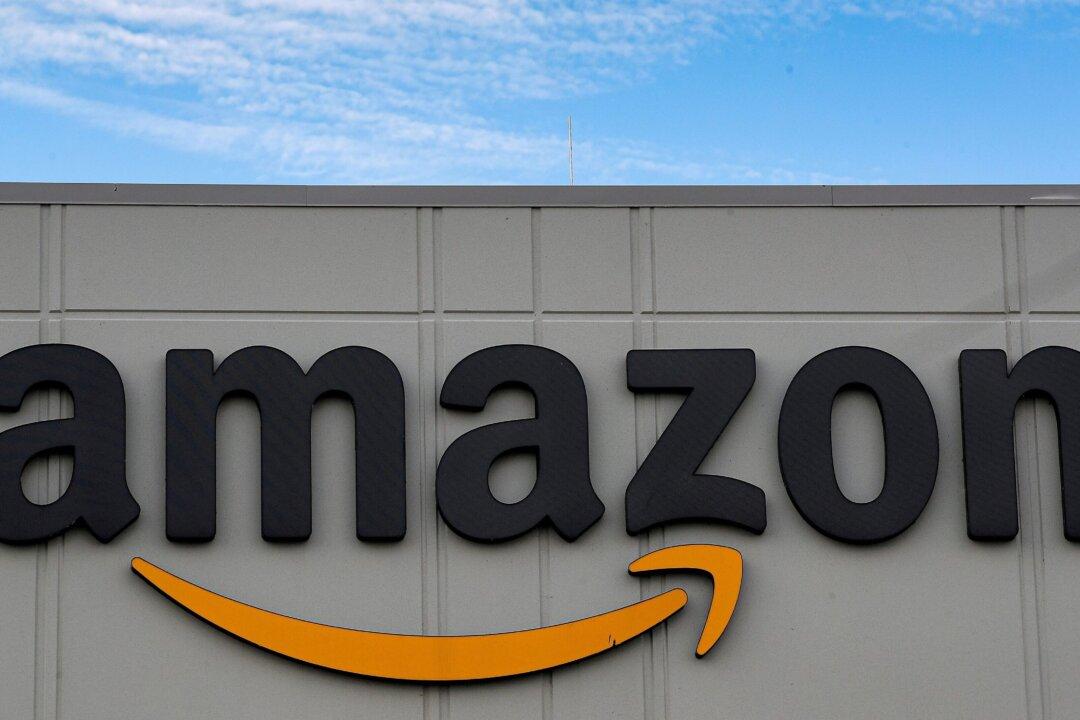The email smelled as bad as week-old fish: It was a screenshot of a $1,000 cellphone I had supposedly bought on Amazon.
I quickly checked my Amazon account. No purchase was recorded. Then I checked my credit card account. Ditto.

The email smelled as bad as week-old fish: It was a screenshot of a $1,000 cellphone I had supposedly bought on Amazon.
I quickly checked my Amazon account. No purchase was recorded. Then I checked my credit card account. Ditto.